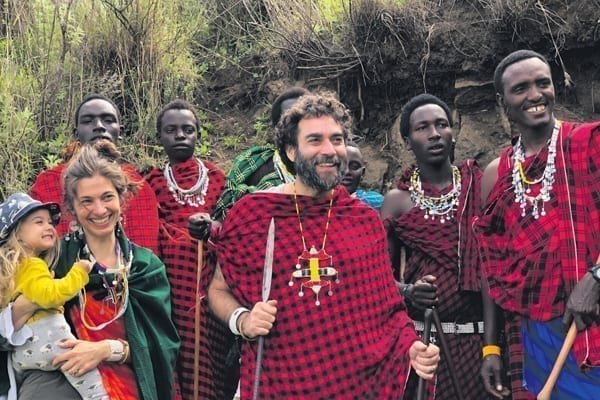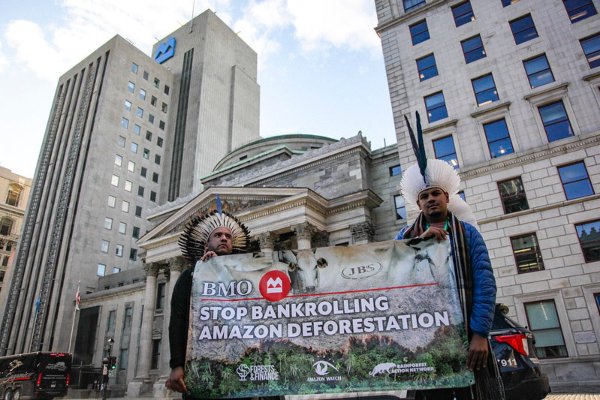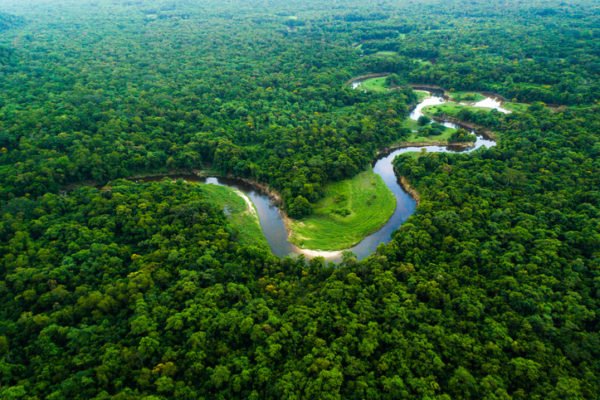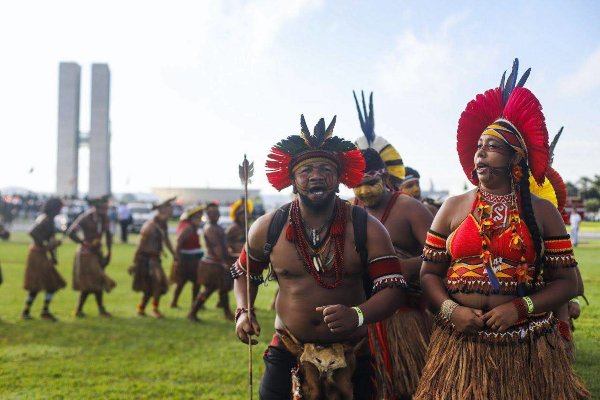Despite agreeing the important 30×30 target to protect 30% of land and sea by 2030, and recognising the rights of Indigenous Peoples, Greenpeace says COP15 ‘failed to deliver the ambition, tools, or finance necessary to stop mass extinction’.
For the UK, whose delegation worked hard to make the 30×30 target as strong and as meaningful as possible, the conference may have ended with frustration.
‘Governments like the UK who fought hard for stronger language within the 30×30 target must channel any frustration with the outcome into leading by example. But with the UK government failing to protect nature at home, how did it expect to achieve global environmental leadership?
‘Last week the government brought forward incredibly weak Environment Act targets and it continues to allow our most vulnerable marine ecosystems to be plundered by destructive fishing.
‘We need to see properly protected ocean sanctuaries, and large swathes of land managed for nature, to show the world that restoring biodiversity unlocks jobs in rural and remote areas, keeps our food system resilient and makes sure we are all more able to withstand the impacts that climate change is already having.’
WILL MCCALLUM
Executive director, Greenpeace UK
Indigenous People’s rights
Greenpeace welcomed the explicit recognition of Indigenous People’s rights, roles, territories and knowledge as the most effective biodiversity protection that has come out of the UN nature talks.
However, Amnesty International warned the 30×30 agreement, or Global Biodiversity Framework, is a missed opportunity to protect the rights of Indigenous Peoples.
The 30×30 agreement sets targets aimed at arresting the alarming decline in global biodiversity seen in recent decades. However, nations at COP15 fell short of explicitly recognising Indigenous People’s lands and territories as a separate category of conserved area, which ultimately threatens their rights.
The COP15 conference offered a once-in-a-lifetime opportunity to set ambitious goals aiming to protect the diversity of flora and fauna on the planet, said Amnesty, an ambition which hasn’t been fully realised.
Meanwhile, despite safeguards in the document, a number of Indigenous Peoples remain opposed to calls to expand protected areas, given the appalling abuses that are committed in such areas in many countries.
 Play Video about This Rock Might Just Save The World
Play Video about This Rock Might Just Save The World Play Video about Play 2 hours of rock
Play Video about Play 2 hours of rock Play Video about Play 2 hours of brook
Play Video about Play 2 hours of brook Play Video about Play 2 hours of sheep
Play Video about Play 2 hours of sheep















































